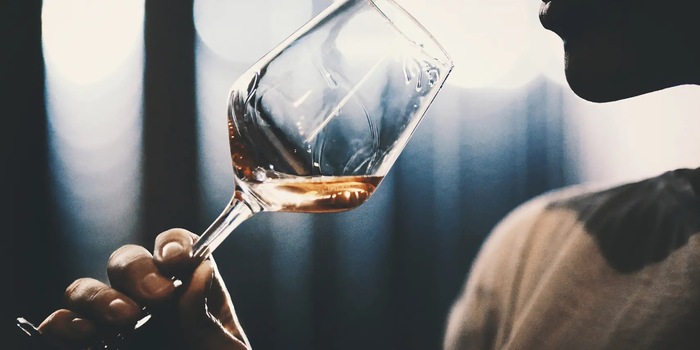
Flipping the epigenetic addiction switch
To date, there is no effective medication for alcohol addiction. The relapse rate is also high. In rats, a molecular mechanism has now been discovered that can both reverse and trigger the fatal addiction.
More than 100 million people worldwide are addicted to alcohol. To date, there is little that can be done to combat the disease with medication. In addition, the relapse rate is extremely high at up to 90 percent. Researchers led by Subhash Pandey of the University of Illinois at Chicago have now discovered a molecular mechanism in rats that could pave the way for a more efficient therapy against alcoholism, as they report in Science Advances.
Excessive drinking (binge drinking) in adolescence is one of the risk factors for alcohol dependence in adulthood, but also for anxiety disorders. During puberty, the brain is in the process of remodeling and is very sensitive to environmental influences. The so-called Arc gene is of particular importance here: not only does it play a central role in synaptic plasticity, but it is also epigenetically modified under the influence of early alcohol consumption. Epigenetic modifications are reversible chemical changes in the DNA or histones that package the genetic material.
Depending on whether this causes the DNA to become denser or looser, certain genes can be read more poorly or better, or translated into proteins. Young rats that drank a lot of alcohol had less of the Arc protein in the amygdala - a region involved in both alcohol addiction and the regulation of anxiety - according to the group's previous research. Pandey and his colleagues found the same thing in brain slices from deceased people addicted to alcohol. In the current study, the team now wanted to find out whether these changes can be reversed - the epigenetic switch can be flipped, so to speak. To do this, they used the CRISPR-Cas gene scissors, which can be used to change the histone packaging of DNA in both directions. In one of their experiments, the researchers repeatedly administered large amounts of alcohol to young rats between their 27th and 41st day of life (equivalent to 10 to 18 years of age in humans). Later, they used the gene scissors in the adult, now alcohol-dependent animals in such a way that the production of Arc was stimulated again. They then tested how often the rats consumed water instead of alcohol and how anxious they were.
Less anxious and more dependent
They compared both with the behavior of a non-alcohol-dependent control group. The team found that the amount of Arc protein had increased back to normal levels in the alcohol-dependent rats as a result of the CRISPR-Cas treatment. In addition, the animals were now less anxious and also less dependent. In contrast, when Pandey and his colleagues injected the control animals with a CRISPR-Cas system that suppressed the production of Arc, the rodents became anxious and consumed alcohol. Exactly how the protein Arc affects alcohol consumption is still unclear. The scientists also caution that much remains to be done before the method is ready for use in humans.
Spectrum of Science
We are a partner of Spektrum der Wissenschaft and want to make sound information more accessible to you. Follow Spektrum der Wissenschaft if you like the articles.
Originalartikel auf Spektrum.deTitelbild: © gilaxia / Getty images / iStock (Ausschnitt)
Experts from science and research report on the latest findings in their fields – competent, authentic and comprehensible.